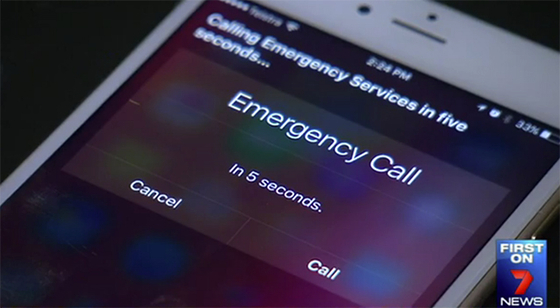Daniel Wettinghoff, Business Development Director at Mastercard responsible for cybersecurity solutions He stated at the beginning of the press event that there is a cyber attack every 39 seconds in the world. Then the specialist said the following about the global and Hungarian cybersecurity situation:
- The pandemic had many positive benefits, such as home office and digitalization, and it also gave 1.1 billion new Internet users who entered the field with low security knowledge and culture.
- In Hungary, 5 out of 100 people feel prepared to face cyber attacks, and according to research, half of the country has a low level of security. There were more cybersecurity incidents in 2020 than in the past 15 years combined.
- Digitization has also reached businesses, and 81% of businesses have seen an increase in cyberattacks, and the number of email scams has increased by 667% during the Covid pandemic.
In Hungary, the number of bank card frauds has increased by almost 50% since 2021, and the value of bank transfer fraud has increased by 200%. From the second half of 2016 to 2019, the value of annual fraud operations was less than $1 billion annually, and by the second half of 2020 this number had increased to 1.7 billion.
By 2023, it exceeded 8 billion HUF.
In addition, the fact that a third of Hungarians do not report misuse of their data, and 34% do not report money theft, is also a cause for concern. It is also an interesting fact that only 48% of attacks are motivated by money, and other motivational forces have emerged – for example, obtaining data and secrets.
Matti Nemes, Product Manager responsible for Cybersecurity Products at Mastercard I talked about the following:
- When a user attacks, it primarily affects emotions. In the past, they were mainly sophisticated hackers who could only pull off big scams with a lot of money, but today neither experience nor a lot of money is needed to start a career as a scammer.
- Today, it is also possible to purchase malware online, and almost anyone can obtain such software.
- Ransomware scammers have already developed a whole branch of business – in the event of such an attack, the question is whether the scammers can be trusted, i.e. whether they will return the data after paying the amount. On the other hand, it is in the interest of the fraudsters that the fraudulent “customers” trust them, as this is how they will later receive the requested amounts.
- By 2025, there will be 4.4 billion digital wallets in the world, and 54% of all e-commerce traffic will be conducted on these devices. By 2030, users will store $4 trillion in various token-based applications.
- An EU directive led to strong customer authentication, which has been implemented in many places, but the value of fraudulent transactions Between 2020 and 2022, it increased from 750 million HUF to 5 billion HUF. This may have happened because there has been a kind of paradigm shift among scammers: they no longer want to break through technological barriers, but instead want to get data from the user themselves.
Peter Mundovic, Director of Marketing and Cybersecurity at Mastercard Studying customer behavior can help prevent fraud, he said. In terms of protection, automation and communication modeling processes can be integrated in advance while investigating cyberattacks and digital fraud. However, there are also solutions that companies can use to assess the security risks of their IT systems, including examining their own and supplier networks.
DORA and NIS2 are two regulations at European level that will detail the cybersecurity tasks of large companies in the financial field, and will bring significant changes, especially in Hungary, where the cybersecurity of the SME sector is almost as low at the international level, the expert stated. It is among the most vulnerable industries The banking, financial and administrative sector, Most actions should be taken here.
Cover image source: Getty Images
























![The Italian Souls clone has been delayed, but is coming to multiple consoles [VIDEO]](https://thegeek.hu/wp-content/uploads/sites/2/2024/05/thegeek-Enotria-The-Last-Song-1.jpg)



















